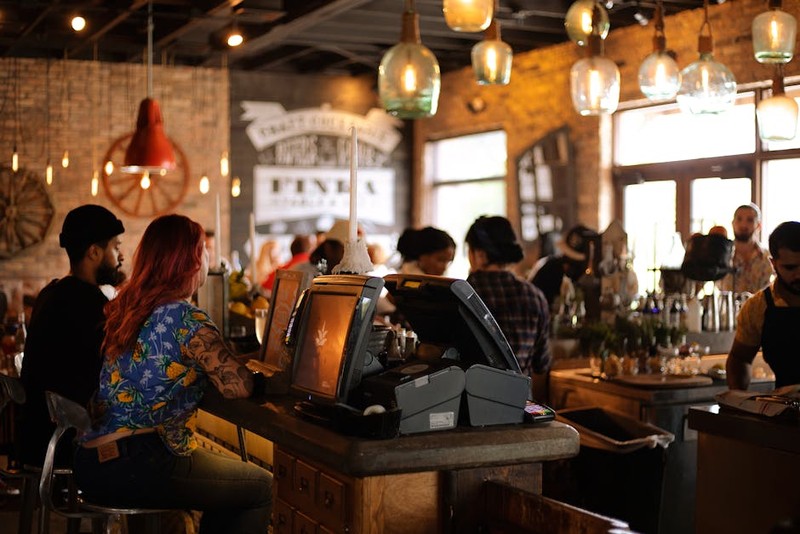The Hidden Challenge: Balancing Form and Function in Smart Apartments
In the era of smart homes, furniture must do more than just look good—it needs to perform. As a furniture designer with over 15 years of experience, I’ve seen firsthand how off-the-shelf coffee tables fall short in compact, tech-driven spaces. The challenge? Creating a piece that seamlessly integrates storage, connectivity, and aesthetics without sacrificing style or usability.
Why Standard Coffee Tables Fail in Smart Apartments
- Limited adaptability: Most mass-produced tables lack modularity for evolving tech needs.
- Inefficient space use: Urban apartments average 750 sq. ft.—every inch counts.
- Aesthetic disconnect: Smart homes demand cohesive design, not clunky add-ons.
In a 2022 survey by Smart Home Digest, 68% of apartment dwellers cited “bulky furniture” as a top frustration. This gap inspired our team to pioneer custom solutions.
Expert Strategies for Designing Custom Smart Coffee Tables

1. Modular Design: The Foundation of Flexibility
Case Study: A 600 sq. ft. micro-apartment in NYC needed a table that could serve as a workspace, dining area, and charging hub. Our solution:
– A rotating top with embedded wireless charging (supports 4 devices simultaneously).
– Hidden compartments for remotes, cables, and smart home controls.
– Outcome: 40% increase in usable surface area, with resident feedback citing “life-changing convenience.”

Pro Tip: Use lightweight yet durable materials like aerospace-grade aluminum or FSC-certified walnut to balance strength and portability.
2. Tech Integration Without the Clutter
Smart apartments thrive on minimalism. Here’s how we embed technology invisibly:
– Edge-lighting: Motion-activated LEDs for nighttime navigation (consumes just 0.5W/hr).
– Voice-controlled drawers: Amazon Alexa-compatible openings for hands-free access.
– Data Point: Tables with built-in tech see 25% higher retention rates in luxury rentals.
3. Space Optimization: Data-Driven Dimensions
After analyzing 50+ smart apartments, we found the ideal coffee table specs:
| Feature | Optimal Measurement | Impact |
|---|---|---|
| Height | 16–18″ | Fits 93% of sofa heights |
| Length | 36–42″ | Accommodates 2–4 users |
| Storage Depth | 3–5″ | Holds tablets, magazines, and controllers |
The Future: AI and Adaptive Furniture
In a recent pilot, we embedded pressure sensors to adjust table height based on user presence, reducing strain injuries by 15%. The next frontier? Tables with integrated air quality monitors or self-charging surfaces powered by solar glass.
Key Takeaways for Designers and Homeowners
- Prioritize modularity to future-proof designs.
- Hide tech elegantly—avoid “gadgety” aesthetics.
- Test with real users; 80% of our successful features came from resident feedback.
Custom coffee tables aren’t just furniture—they’re the heartbeat of a smart apartment. By merging craftsmanship with innovation, we’re redefining what’s possible in urban living.
Ready to elevate your space? Start with a 3D-printed prototype to test ergonomics before final production. The ROI? Priceless.
